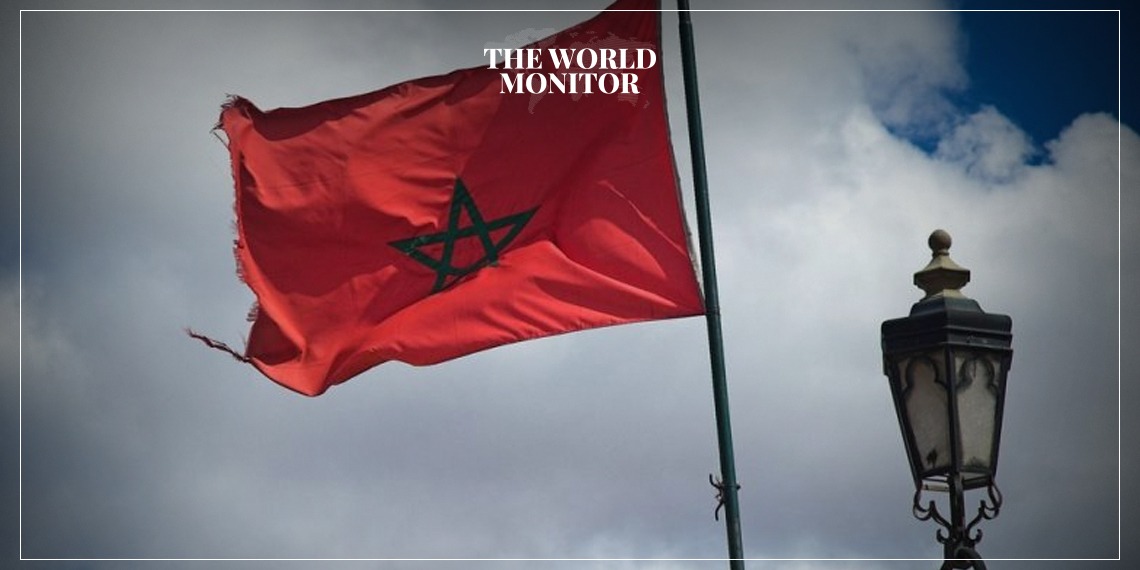The Moroccan capital, Rabat, is set to host the high-level ministerial conference on middle-income countries on February 5th and 6th.
The conference, themed “Solutions for Overcoming Development Challenges in Middle-Income Countries Amid a Changing World,” aims to bring together middle-income countries, the United Nations system, international and regional financial institutions, and key development partners.
The conference seeks to highlight the potential of middle-income countries and discuss their challenges, including funding gaps they face in implementing the “2023 Plan.”
It will provide an opportunity for sharing experiences and peer learning among middle-income countries and regional economic commissions (the United Nations Economic Commission for Africa, ESCWA, and the Economic Commission for Latin America and the Caribbean), other United Nations entities, and international organizations.
The conference also aims to identify new and innovative approaches regarding the support that the United Nations system and other development partners can offer to middle-income countries to address their major developmental challenges.
Middle-income countries are a group of nations facing common challenges in their pursuit of sustainable development and improving their population’s living standards.
Middle-income countries are significant contributors to global economic growth, representing a third of the global GDP and 75% of the world’s population, with Gross National Income per capita ranging between $1,136 and $13,845.
Given their rapidly growing economic weight, they need a proportional stance in global economic management and international organizations to strongly influence global development strategies and effectively address challenges.
For sustainable growth, middle-income countries need to adopt long-term approaches in their policies, secure sufficient financing, and engage in a strong global partnership. To become innovation-driven, they must enhance their skills and productive capacities, particularly in innovation.
Middle-income countries also require strong international cooperation, as their immense developmental potentials and needs ensure the possibility of accessing appropriate and affordable development financing, which goes beyond local resources. Many middle-income countries face difficulties in obtaining concessional financing.






